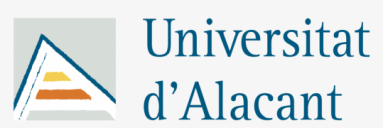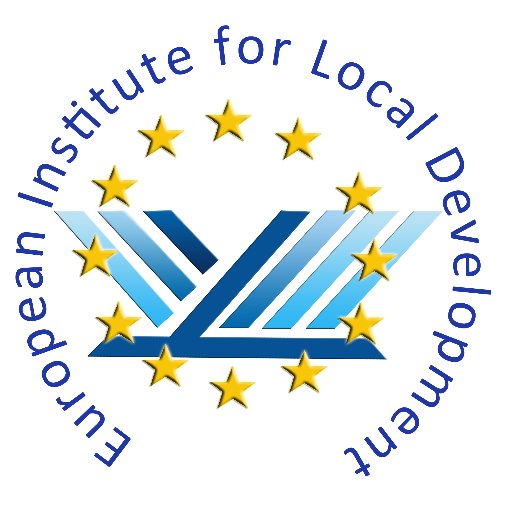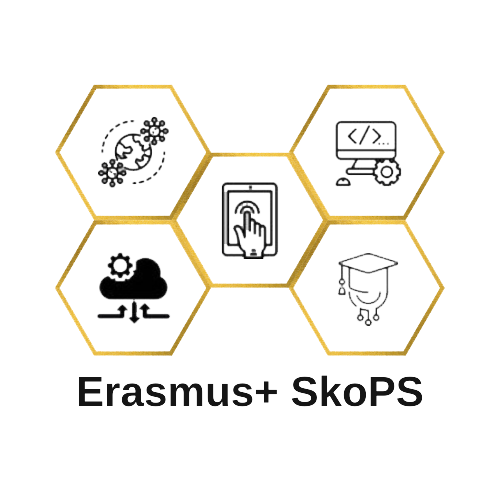
University of Siegen
.
The university has a combined undergraduate and graduate student population of around 17,500. Approximately 13.5% of these students are foreigners. The University of Siegen offers a large variety of undergraduate, graduate, and postdoctoral degree programs at its four faculties in 144 fields of study. As common among German universities, the academic year consists of summer and winter terms (semesters). The winter term runs from October 1 to March 31, while the summer term runs from April 1 to September 30. However, lectures and classes usually do not run for the full duration of these periods and allow for breaks in spring and fall. German universities enjoy government subsidies, and as a result of legislative reform, beginning in Fall 2011 the University of Siegen will no longer charge tuition fees.
Petanux is the fast growing and science driven digital SME from the heart of the Europe. Working with Petanux gives you real feeling of how autonomous systems and AI could revolutionise your business and increase your profits. For further information and being surprised with our digital services as well as having an access to our demos, you can use contact form at the end of our home page. Our main focus is to offer science driven applied Artificial Intelligence solutions to enterprises and industries. To this, Petanux has successfully provided autonomous intelligent market analysis, personal marketing solutions, customer behaviour analysis, industry 4.0 and personalised healthcare services to its customers. We also provide digital transformation advise to enterprises and help you to realise how AI can revolutionise your industry. You can book your first appointment free of charge.

Petnaux GmbH

University of Alicante
The University of Alicante offers courses in more than fifty degrees. It comprises over seventy departments and research groups in areas of Social Science and Law, Experimental science, Technology, Liberal Arts, Education and Health Sciences, and five research institutes. Almost all classes are taught in Spanish language, some are in English, in particular, in computer science and in business degrees, and a few are in Valencian language. Spanish language courses are offered for foreign students throughout the year and during the summer. The University offers English Language versions to PhD level including religion. Julian Havell was the first to graduate from this scheme.
The European Institute for Local Development (EILD), was founded in 2009 as an independent non-governmental organization whose members are European citizens, entities and organizations devoted on supporting regional development activities and transnational collaboration. The General Committee consists of local development stakeholders and industry leaders from various sectors and European Member States: academics, NGOs, development agents, association managers, civil servants and social economy companies, as well as European organizations for local development. European Institute for Local Development’s mission is to provide innovative tools for the sustainability of regions across EU while promoting experience sharing between its members and partners. Fundamentally, EILD seeks to practically support and advance international cooperation, skillful networking and further progress and growth of EU citizens by providing direct solutions to European needs. Since its establishment, EILD has been continually growing claiming its position and promoting its core values to both national and international level.

